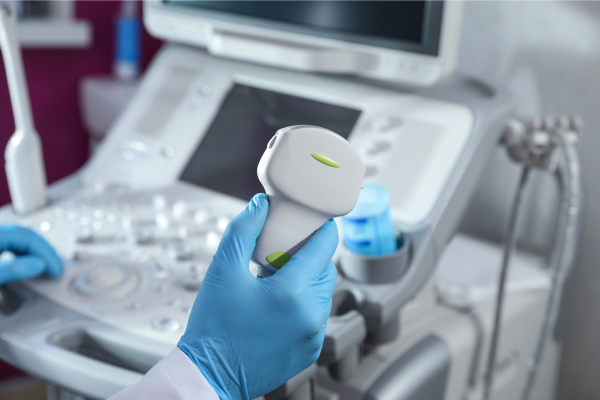Evaluating the CP@home program’s effectiveness in reducing emergency medical services calls among frequent users

Gina Agarwal’s VIP Research Lab recently published a landmark paper in the field of Community Paramedicine (CP) – the first to rigorously evaluate a CP home visit program in Canada. The Community Paramedicine at Home (CP@home) randomized controlled trial evaluated the program’s effectiveness on reducing emergency medical services (EMS) calls among frequent users.
The CP@home program is an innovative community-paramedic-led primary care intervention delivered in the homes of frequent EMS callers. The frequent callers included those with 3 or more EMS calls in the previous 6-months or 1 or more EMS calls for a ‘lift assist’ within the last month. They completed validated assessments pertaining to chronic disease risks and management, social determinants of health, and health-related quality of life. Participant assessment results were recorded in the CP@home Database that calculated and summarized risk factors from validated tools. The CP@home Database algorithms directed the paramedics to refer participants to appropriate healthcare and community services and/or health education was provided. With consent, the assessment results were sent to the participants’ family physicians.
The RCT results showed that CP@home had a significant impact on reducing EMS calls for those with a lift assist call but not for the overall sample of frequent users. This program filled a healthcare gap by shifting primary care delivery, which could reduce the disproportionate number of EMS calls, thus reducing healthcare costs. Learn more about the study in this infographic.
Research Project Update, VIP LabRelated News
News Listing

PoET is launching in 30 additional long term care homes
PoET Southwest Spread Project, Research Project Update
November 27, 2024

Feasibility study of an evaluation tool for tendonitis of the shoulder
Research Project Update
November 27, 2024

Assessing a medical safer supply program for people with treatment-refractory opioid use disorder
Care of PWUD, Research Project Update
November 14, 2024
